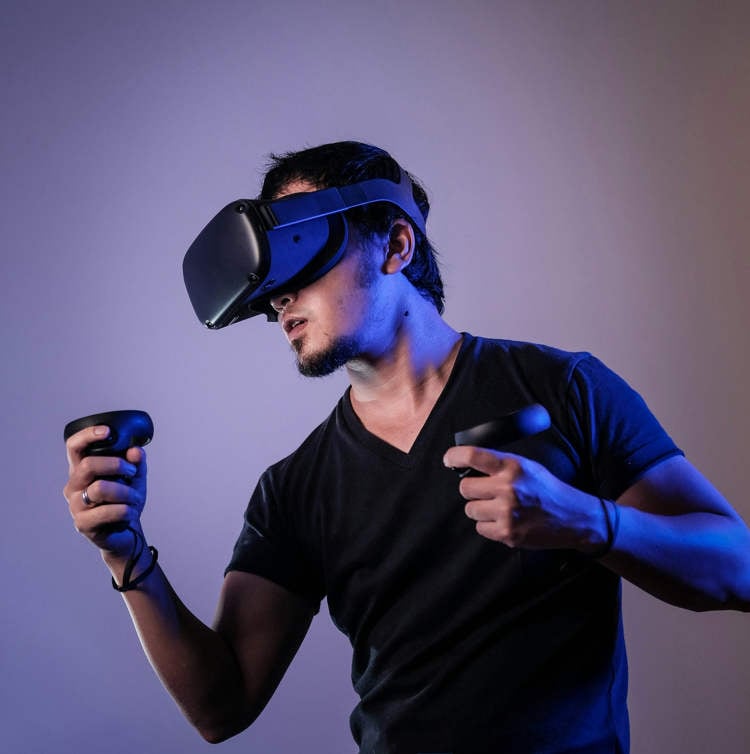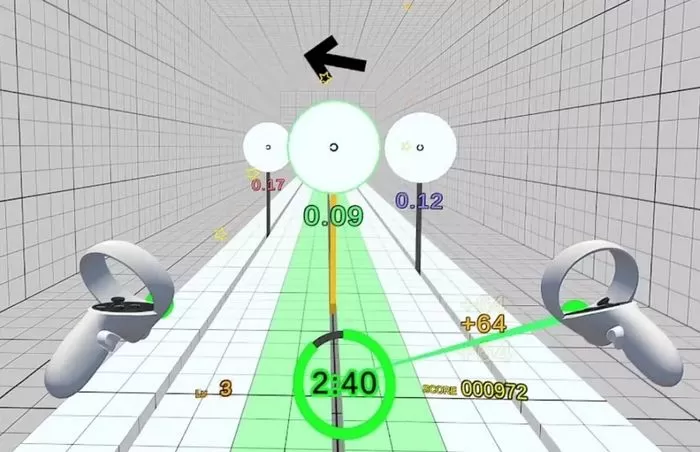Japanese researchers have published a small study about a virtual reality video game that can reportedly improve players’ eyesight instead of damaging it.
Video games and staring at digital screens in general have long been associated with eyesight problems, but according to a study published by researchers from Kwansei Gakuin University’s Graduate School of Science and Engineering, in certain circumstances, video games can actually help treat short-sightedness (myopia). The researchers had a group of 10 people play a very simple VR video game at certain intervals over a period of six weeks to see how it impacted their eyesight. After analyzing the results, they concluded that even participants who had only played the game at three-day intervals showed measurable eyesight improvements compared to the start of the study.

Photo: Minh Pham/Unsplash
Ophthalmologists have long known that prolonged staring at digital screens can cause a condition known as pseudo-myopia, which basically has the same symptoms as myopia, only they are more easily reversible. Pseudo-myopia sufferers can recover by stretching the ciliary muscles with “perspective exercises,” “distance staring,” and “binocular stereoscopic vision,” so researchers at Kwansei Gakuin University created a VR game that incorporated these exercises.
The game used during this study was a relatively simple one that required players to use their VR set controllers to aim and shoot at circular targets that got pushed further back with every successful hit. This repetitive task required players to practice looking at targets both up close and far into the distance in order to beat the game. Only they got more out of the challenge than they bargained for.

Photo: Interraction 2025
Interestingly, the players exhibiting moderate to severe short-sightedness at baseline showed the most impressive eyesight improvements at the end of the six weeks, whereas those with mild symptoms did not see that much improvement (pun intended). Researchers believe that this was because the former category suffered from pseudo-myopia, which is easier to reverse, whereas the latter had myopia, which is harder to reverse without invasive surgery or expensive eyeglasses.
Researchers now plan to extend their experiments to test the full potential of their VR video game, but even if it works best on pseudo-myopia, it could still help millions of young people who spend most of their time with their eyeballs glued to digital screens improve their eyesight. If left untreated, pseudo-myopia often leads to myopia.


0 Comments